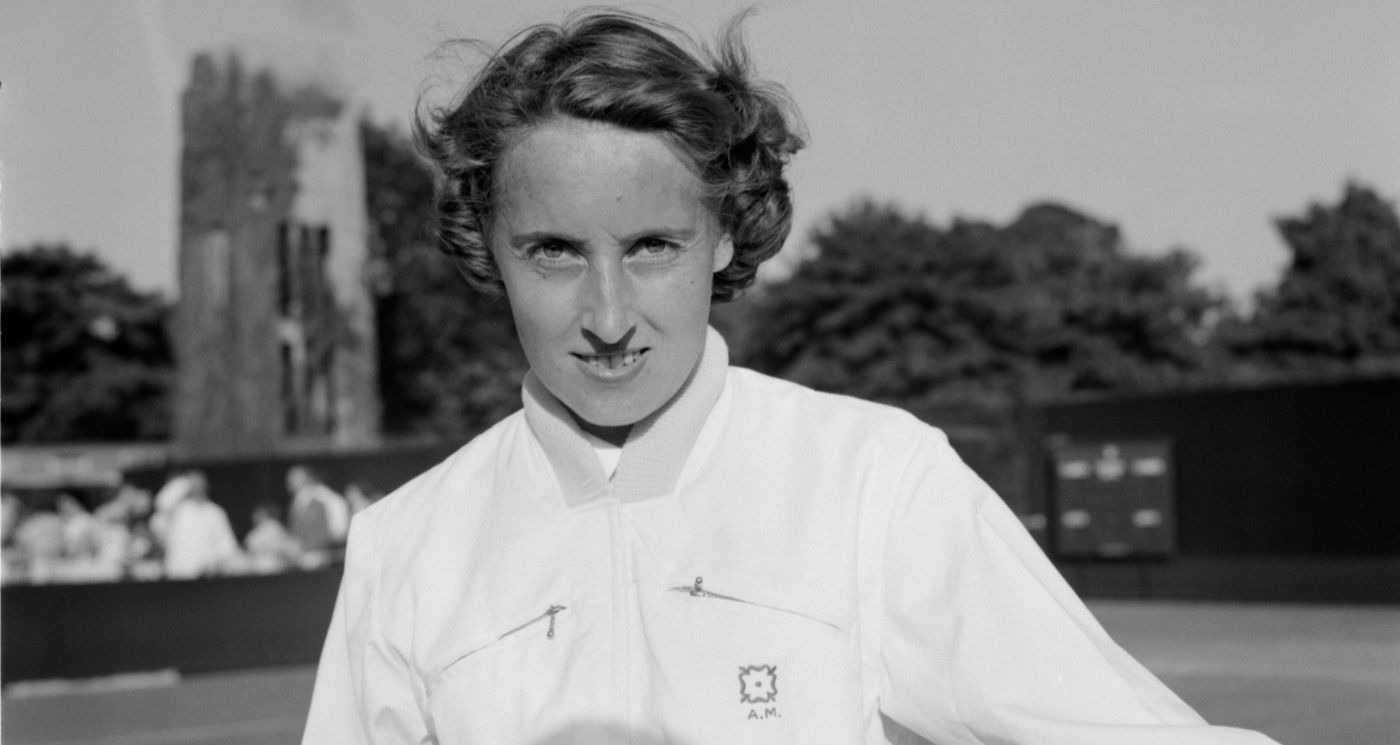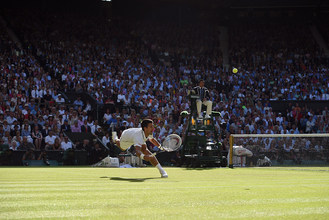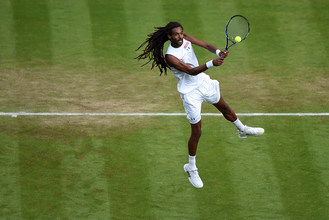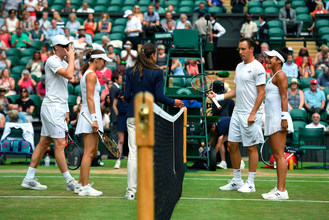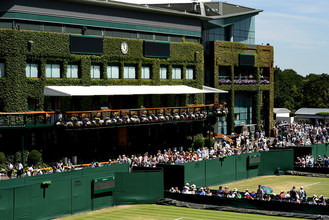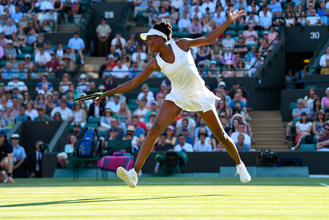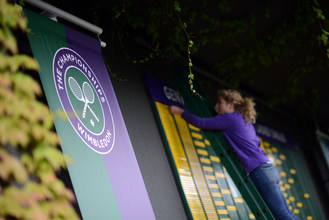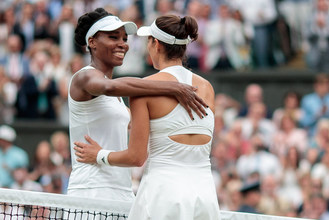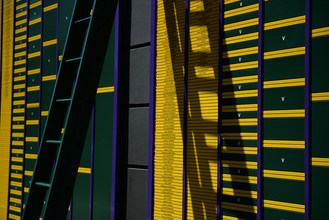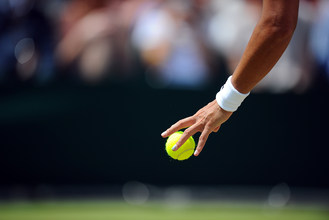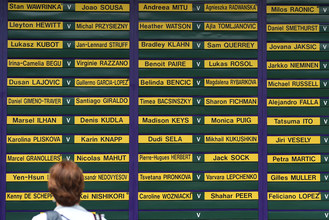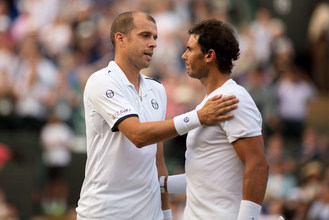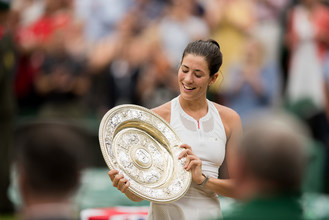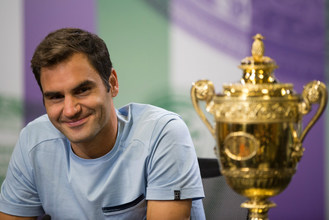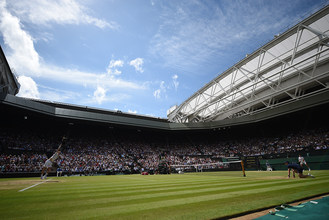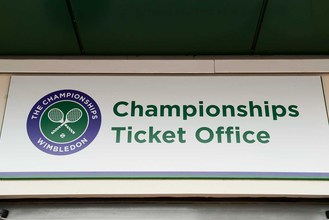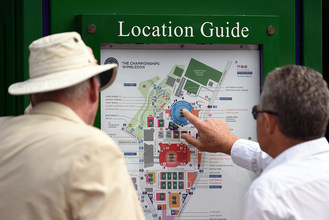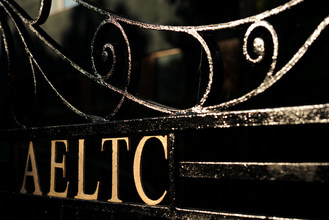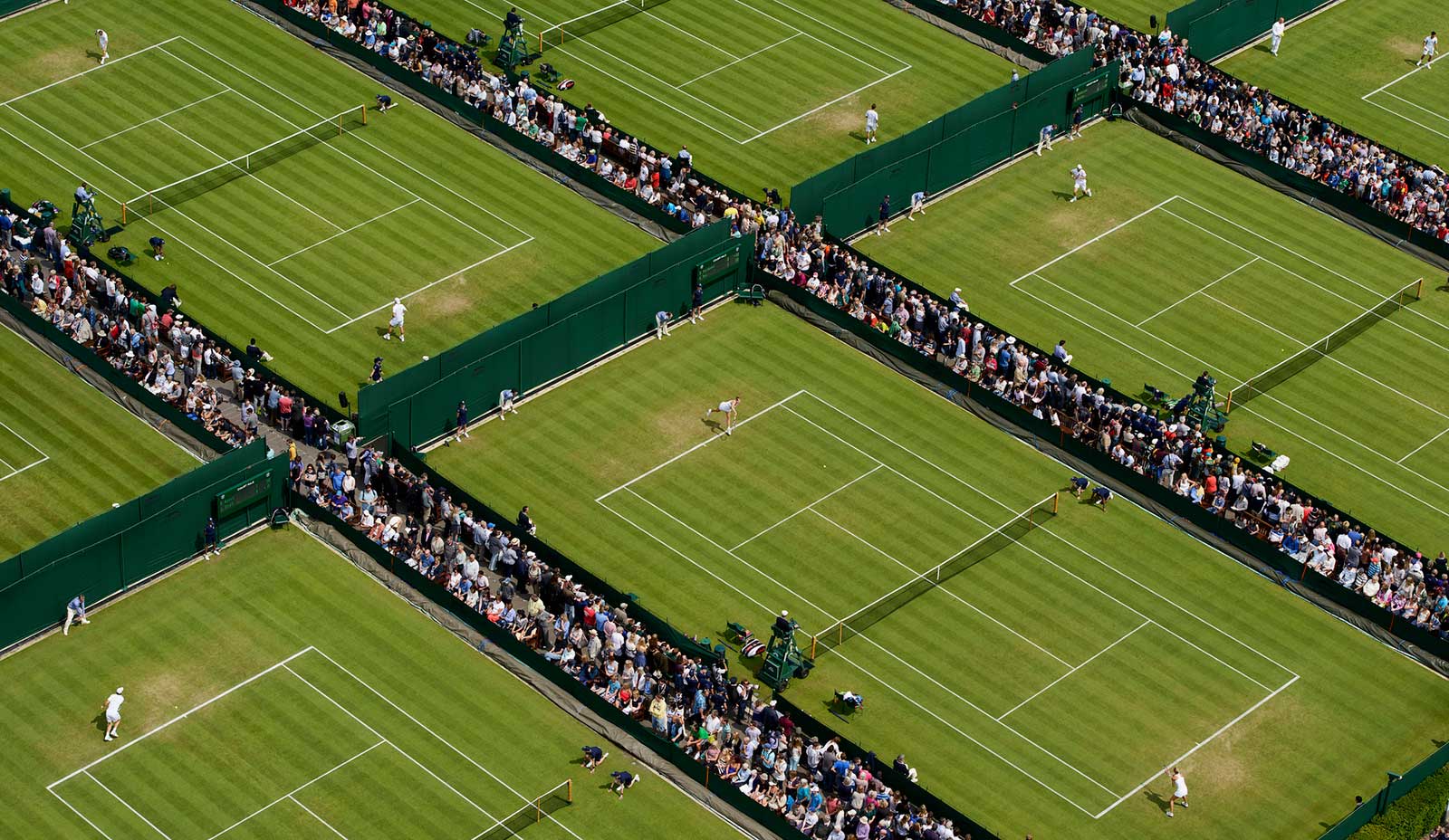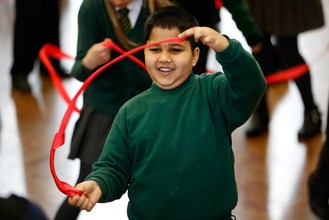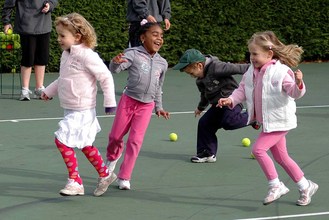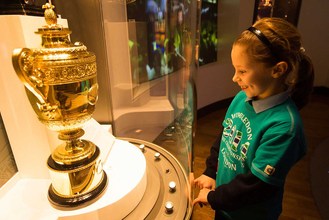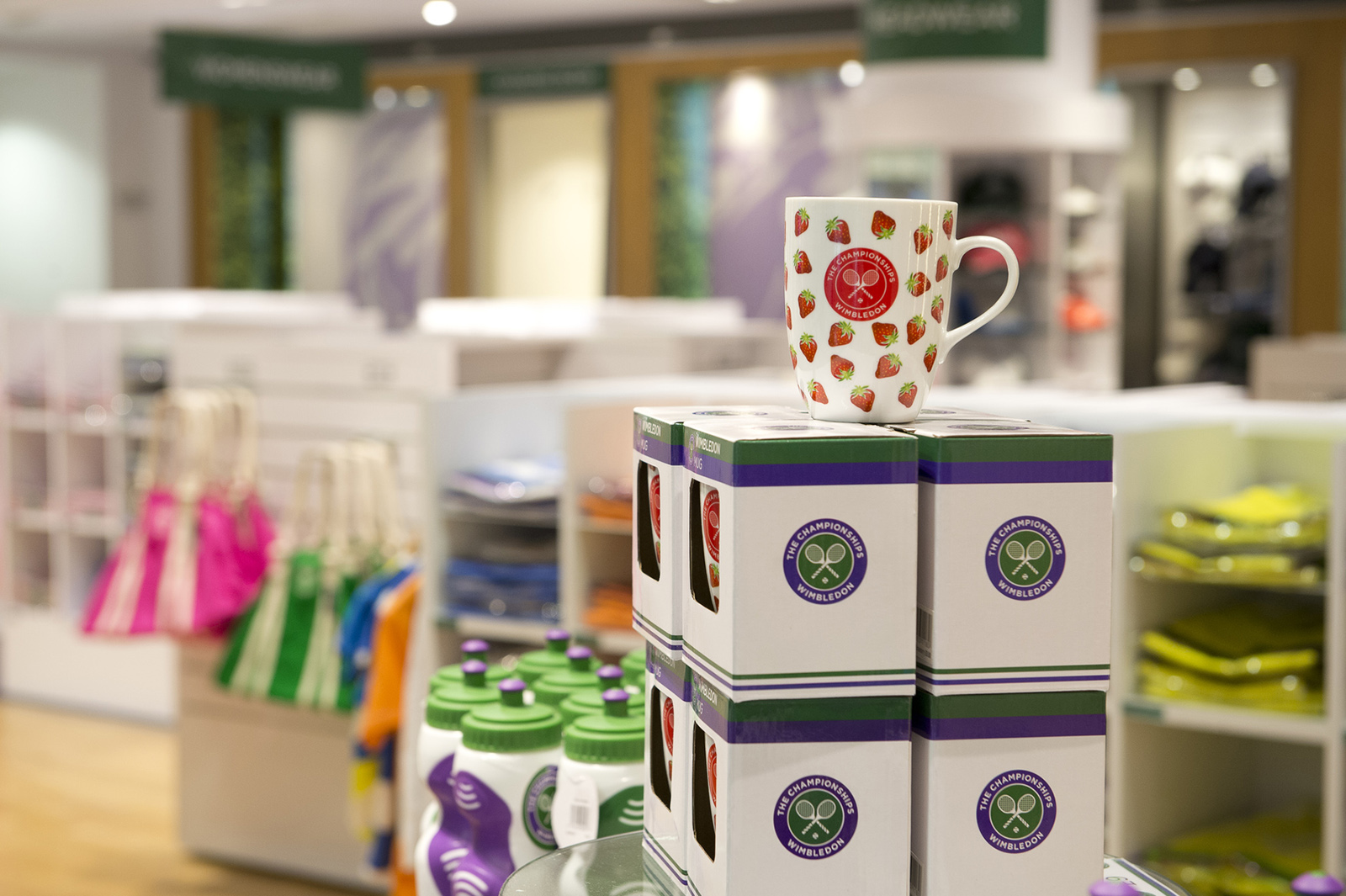For today’s top players the Australian Open is the only place to be in the last two weeks of January, but that has not always been the case. Bjorn Borg played in the tournament only once, Andre Agassi stayed away for the first nine years of his Grand Slam career and Billie Jean King and Chris Evert were frequent absentees.
In the amateur era the Australian Championships - which became the Australian Open after open tennis arrived in 1968 - were sometimes contested almost exclusively by home players. Sixty years ago, for example, the 32-strong field for the ladies’ singles featured 31 Australians. For the lone overseas competitor, however, the tournament proved to be a turning point in her career.
Three years after winning the Australian title at the White City Tennis Club in Sydney, Angela Mortimer would become the first British winner of the Wimbledon ladies’ singles since 1937.
Nevertheless, when she had travelled to Australia at the end of 1957, thoughts of such feats were probably far from Mortimer’s mind. Earlier in the year, after many months of illness, she had been diagnosed with what a specialist termed as entomoebic dysentery, which she had contracted on a visit to Egypt.
Drawing on her savings to fund the trip to Australia, Mortimer hoped that exchanging the damp and cold of the British winter for the warmth and sunshine of the southern hemisphere summer would help with her convalescence.
She was 24 at the time and had already established herself as one of the world’s leading players. Having made her senior debut at The Championships six years earlier, she had reached the quarter-finals three times before losing to Dorothy Knode in 1953, to Louise Brough in 1954 and to Pat Ward in 1956.
Mortimer had won her first major title in 1955, beating Knode in the final at Roland Garros with a vivid demonstration of her resilience. Both players struggled in intense heat in Paris, but at 8-8 in the deciding set Mortimer heard her opponent asking the umpire for a brandy to be brought on court to revive her. It gave her the encouragement she needed and she went on to win 2-6, 7-5, 10-8.
However, at The Championships less than one month later Mortimer suffered a surprising second-round defeat to Suzi Kormoczy. Her disappointment was only partly tempered when she won the doubles alongside Anne Shilcock.
Mortimer was the No.3 seed at The Championships the following year, when she lost to Ward, but by this time she was suffering from frequent attacks of dysentery and was very short on stamina. She stopped playing tennis for several months and was eventually put on a starvation diet which left her weak and saw her lose nearly three stone in weight.
Although she returned to competition sooner than her doctor had expected, Mortimer’s results in 1957 reflected her weakened state. At The Championships she lost in the third round to Karol Fageros, who had never beaten her before, though Mortimer was pleased just to be back on court.
It was the two-month trip Down Under over the following winter that lifted Mortimer’s spirits and confidence. Australia’s leading player, Lorraine Coghlan, quickly became a friendly rival during the trip and the two women arrived at the final of the Australian Championships in Sydney with two wins apiece over each other. Mortimer secured her second major title, beating Coghlan 6-3, 6-4.
When Mortimer returned home there was much interest in what the trip Down Under might have done for her, but in one of the first tournaments of the summer she was beaten 0-6, 2-6 by 18-year-old Christine Truman in less than half an hour.
“I glanced at the pressmen and their expressions amused me,” Mortimer later wrote in “My Waiting Game”, her autobiography. “They had come for a story. They had come for an answer to everybody’s question. I had certainly given them their story.”
She added: “If I lost every other match I played, my Australian trip would have been worth the money I had spent on it. Everybody else was much more worried about whether I won or lost than I was. I had not been off the ship long and I felt that I had a fair enough chance of pulling up my standard, but I was too happy with the world to worry.”
At The Championships that summer the unseeded Mortimer had few expectations and was happy just to feel healthy again and to be playing without pressure.
She recovered from a slow start in the second round to beat South Africa’s Sandra Reynolds 6-8, 6-2, 6-0, while her lack of nerves was evident in the quarter-finals as she recovered from 3-5 down in the final set to beat Margaret du Pont 4-6, 6-3, 10-8. Mortimer then crushed Kormoczy 6-0, 6-1 to earn a place in her first Wimbledon singles final against Althea Gibson, the defending champion.
Even before the final Mortimer felt no nerves. “I was staying with my aunt and she prepared herself for the tiny breakfast my nerves usually allowed me,” Mortimer wrote later. “Instead I ate bacon and eggs and wondered why everyone was working themselves into such a frenzy over my match.”
The first set of the final was tight. Mortimer had a set point at 5-4 but Gibson saved it with a bold forehand which hit a line. Gibson went on to win 8-6, 6-2, but the Briton admitted afterwards that she had not felt any great disappointment in defeat.
Mortimer would go on to ultimate Wimbledon glory three years later, beating Truman 4-6, 6-4, 7-5 in the final, but for the moment she was happy simply to be back playing her best tennis – and grateful for the morale boost which her trip to Australia had brought.



